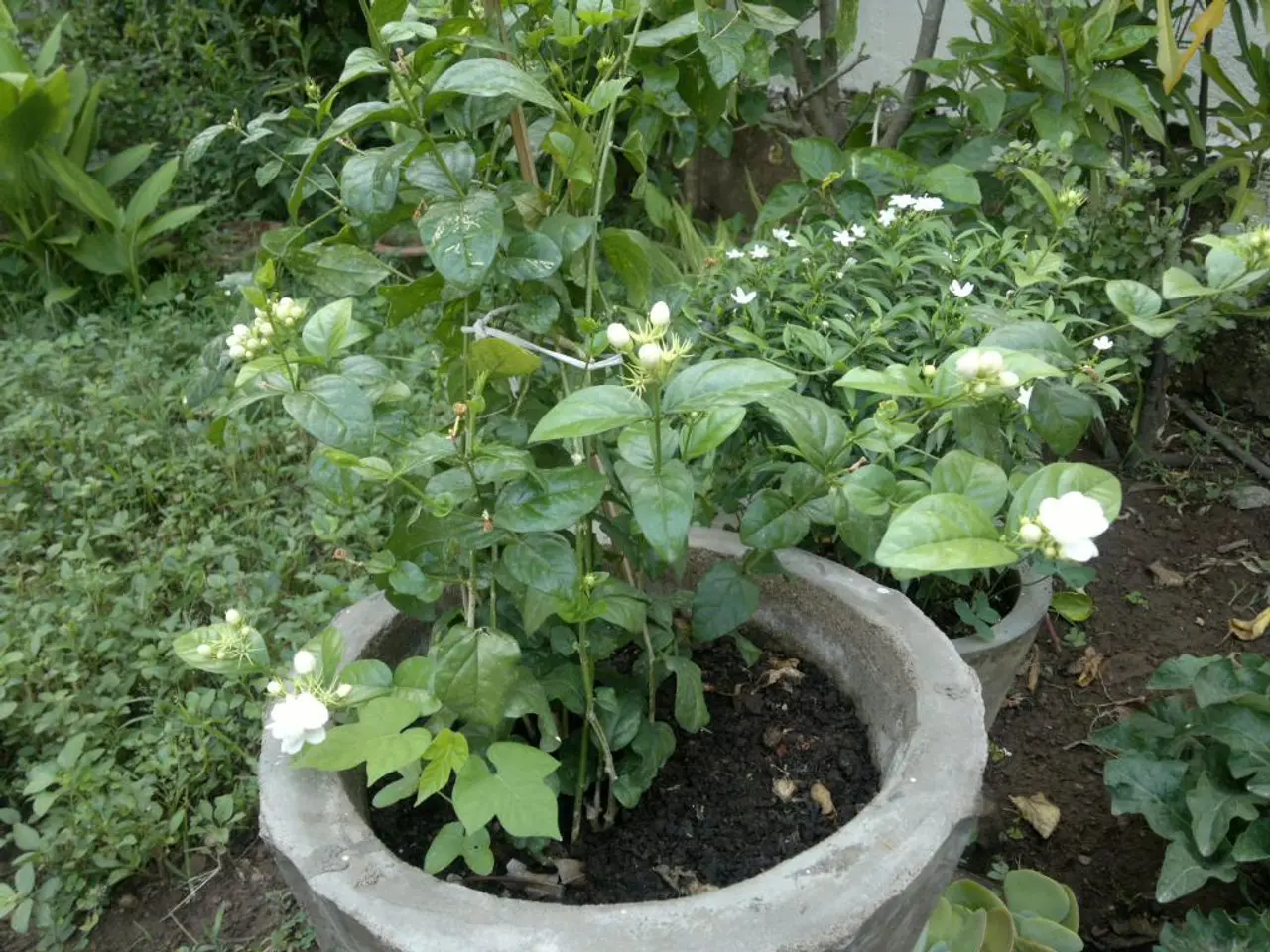Understanding Potash Fertilizer: Comprehensive Insights
In the realm of agriculture, potash has emerged as a vital ally for farmers and plantation owners alike. This mineral, rich in potassium, plays a pivotal role in plant growth and crop productivity, offering numerous benefits that contribute to a healthier and more productive harvest.
At the heart of potash's advantages lies its essential contribution to plant growth. Potassium, one of the three macronutrients crucial for plant life (alongside nitrogen and phosphorus), fuels various physiological functions in plants, thereby improving crop yield [1].
One of the most significant benefits of potash is its impact on root systems. By strengthening root development, potassium allows plants to absorb water and nutrients more efficiently [1]. This enhanced absorption capacity translates into improved resistance to diseases, reducing crop losses and overall promoting plant health [1][5].
In the face of environmental challenges such as drought and water stress, potash proves to be a valuable asset. By regulating water uptake and retention within the plant tissues, potash enables crops to withstand these pressures more effectively [1][5]. This increased resilience not only ensures a healthier crop but also contributes to global food security by boosting yields and enhancing crops' resistance to environmental stressors.
Moreover, potash enhances nutrient uptake efficiency, allowing plants to use other essential nutrients more efficiently, which contributes to better growth and productivity [5]. This synergy between potassium and other nutrients results in improved fruit and vegetable quality, including size, shape, and colour, thereby enhancing marketability [2].
Foliar application of organic potash, such as aquatic algae extracts, can even induce earlier flowering and fruit set in many crops [2]. Additionally, organic forms of potash contribute to improved soil structure, texture, and water holding capacity, increasing the overall health and fertility of the soil [2].
Integrating potassium use with sustainable agricultural practices like no-till farming, crop rotations, and composting can further enhance its benefits. This integration increases potassium use efficiency and recovery, reducing nutrient loss and environmental impact [3].
Potassium is an essential nutrient for growing crops, increasing crop yield, and improving water absorption for best taste and nutritional value. However, it is important to note that excess potassium can accumulate in soil, affecting the ability of soil to absorb other critical nutrients and minerals, which can result in reduced fertility [6].
In conclusion, potash plays a crucial role in maximising agricultural productivity, improving plant health, and supporting sustainable farming practices [1][2][3][5]. It is widely recommended for use in cereals, fruits, vegetables, oilseeds, sugarcane, cotton, and plantation crops [2]. The growing global demand for potash fertilizers underscores their significant contribution to global food security by boosting crop yields and enhancing resilience to environmental stresses [1].
- Expanding beyond agriculture's domain, potassium from potash finds its significance in another realm – health and wellness, where it plays a vital role in human cell function, similar to its effects on plant life.
- Merging health and fitness, a balanced diet rich in potassium-containing foods such as bananas, sweet potatoes, and leafy greens aids in maintaining cardiovascular health, facilitating nutrient absorption, and supporting exercise recovery, much like the role of potassium in improving plant health and crop productivity.




